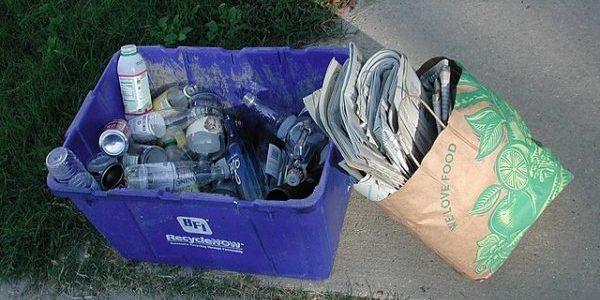(Abdul–Rahman Oladimeji Bello, Headline USA) A recent study on recycling by ScienceDirect led to the discovery of heavy microplastic pollution, in another case of radical climate policies that have produced harmful environmental and social impacts, leading to additional hazards instead of providing solutions.
A report by Artechnica noted that the plastic waste in the United States is about 5%, most of which is landfilled or incinerated. However, the study by Science Direct noted that these plastics can still shatter into smaller parts and pollute the water and air, even after making it to the recycling center.
Science Direct’s study focused on a new facility where plastic waste is sorted and recycled. The plastics are washed several times in this recycling process, shedding off microplastic particles, usually smaller than 5 millimeters, into the plant’s wastewater. After filtration, the study calculated that the washes could produce about 75 billion particles per cubic meter of wastewater, eventually flushed into the water systems or the environment.
Erina Brown, the plastics scientist who led the research at the University of Strathclyde, noted that plastic recycling might be of more harm than good.
“It seems a bit backward, almost, that we do plastic recycling in order to protect the environment and then end up increasing a different and potentially more harmful problem,” she said.
Judith Enck, the president of Beyond Plastics and a former US Environmental Protection Agency regional administrator, agreed with Brown. “It raises some very serious concerns,” he said. “And I also think this points to the fact that plastics are fundamentally not sustainable.”
Kara Pochiro, a spokesperson for the Association of Plastic Recyclers, noted in a statement provided to WIRED that recycling is regulated like any other industrial process in the US.
“The recycling plant works closely with the local municipality to ensure the wastewater conforms with the capacity and quality required for the local sewer treatment facility,” Pochiro said. “When it is either economically or technically required, the recycling plant will install a water pre-treatment plant that partially treats the water in order to remove some of the burdens from the municipal plant.”
The report added that the full extent of the problem is unknown as the study observed only one facility. However, Steve Allen, a microplastics researcher at the Ocen Frontiers Institute, asked, “It is a state-of-the-art plant, so it doesn’t get any better. If this is this bad, what are the others like?”

